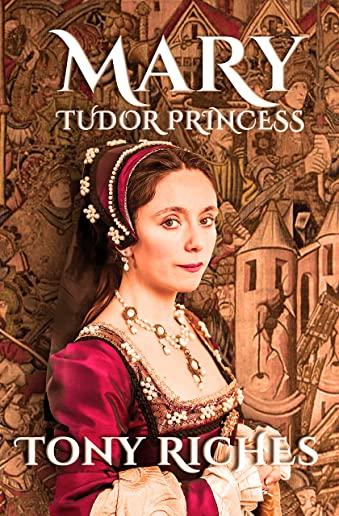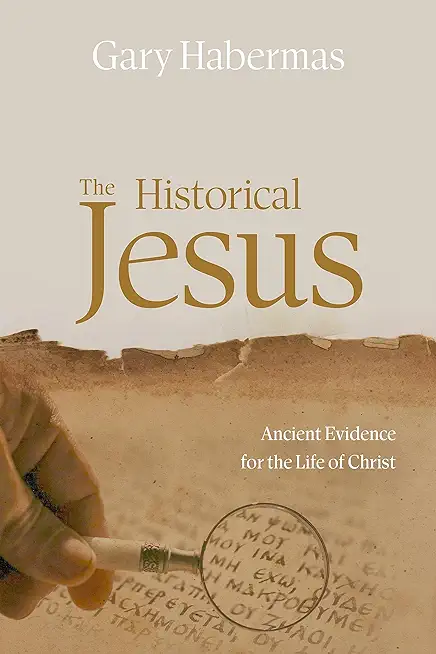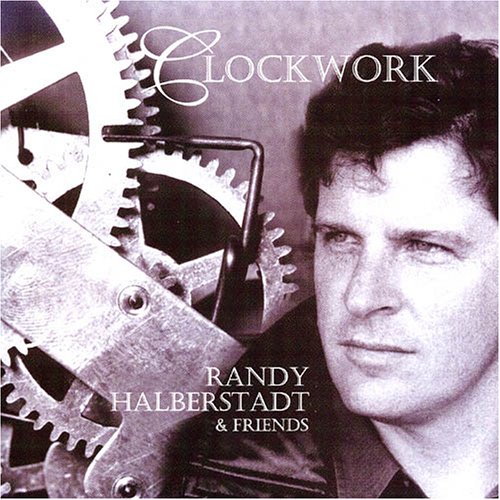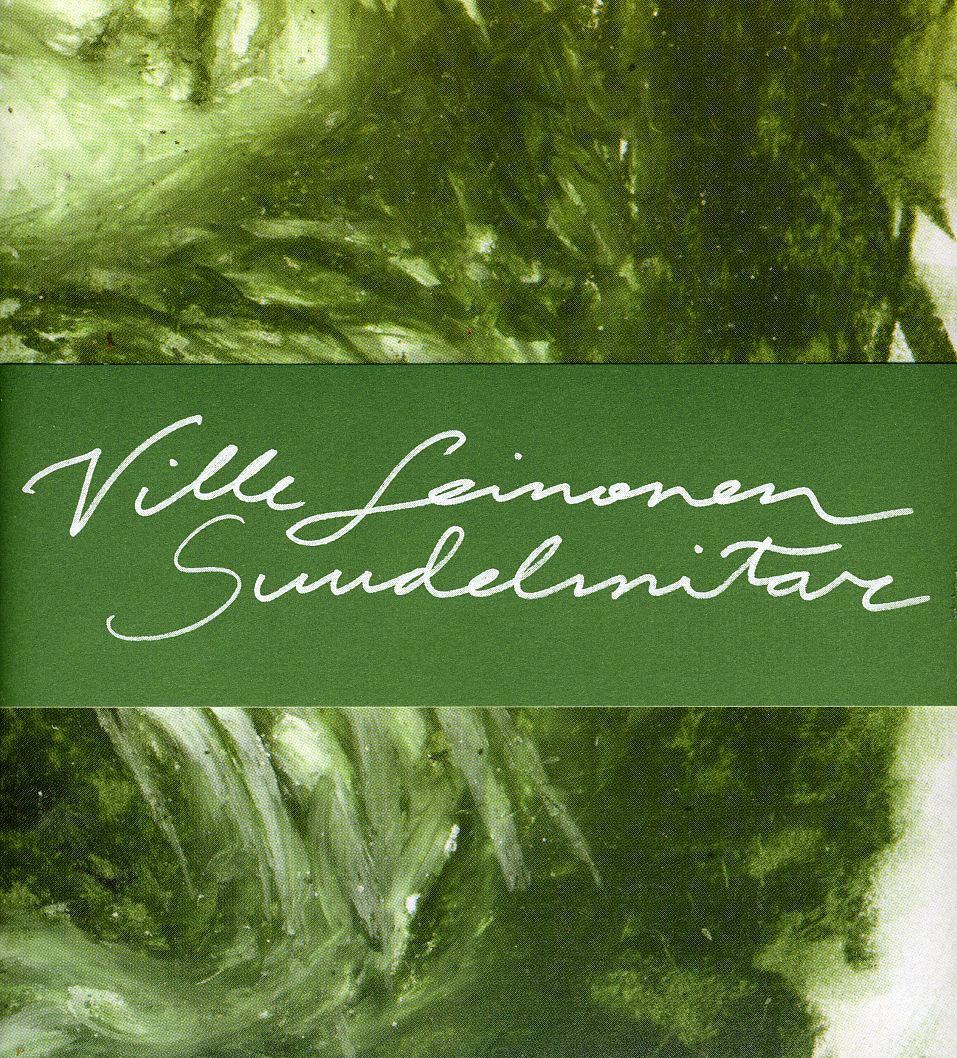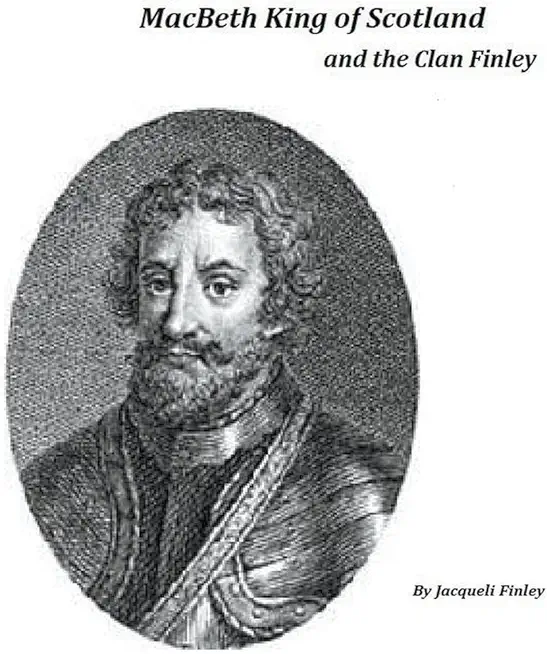
Macbeth was the son of Findláech mac Ruaidrí, Mormaer, or King, of Moray. Many suggest that MacBeth died without issue or sons, but new evidence and research shows us that MacBeth did have sons that survived from which many descendants derive and live amongst us today.
MACBETH's death ended a dynasty which began with the earliest foundations of Ireland and Scotland, as we have already seen. At the time of his death, his children were young, so the Clan FIONNLAGH placed his stepson, LULACH, on the throne. However, he reigned only 6 months, being defeated and slain at Eske in Strathbogie by the Saxon invaders and the rebellious adherents of Malcolm CANMORE. After LULACH, no other member of the Clan FIONNLAGH has been on the throne of Scotland to the present day. Members of the clan became hunted outlaws, long before religious persecution drove them from the British Isles.
Because of this the Clan FIONNLAGH took on the name of the Clan FARQUHARSON, so named because of the Farquhar SHAW of Rothiemurchus. WOOD and FRANCE state: "In 1236 in the Braes of Mar at the head of Aberdeenshire, Scotland, there was a certain chief named FEARCHAR, son of FARQUHAR, who was the fourth son of Shaw DUBH of Rothiemurchus, who was head of a powerful clan known in the Highlands as Clan FIONNLAGH, a sept of the great confederation, Clan CHATTAN, which held large possessions which were acquired by marriage with the heiress of Invercauld and from this FEARCHAR.
The clan also took the name of MC EARACHAR or FARQUHARSON. The chiefs were lineal descendants of the ancient Thanes of Ross and Moray, of whom the most famous is MACBETH, the progenitor of this clan. The descendants of this FEARCHAR had moved and settled on the borders of Perth and Angus; some took the name of MC EARACHAR or FARQUHARSON; others, the name of MC FINLAY or FINLAYSON, and of this branch, FINLAY and FINLEY, known as the CLAN FINLEY.
member goods
listens & views

MADEMOISELLE VOULEZ-VOUS DANSER / VARIOUS
by MADEMOISELLE VOULEZ-VOUS DANSER / VARIOUS
COMPACT DISC$15.75
